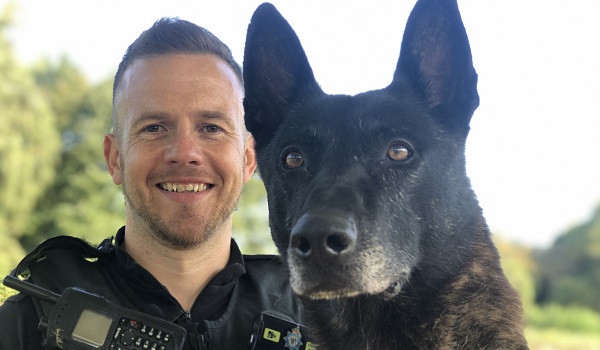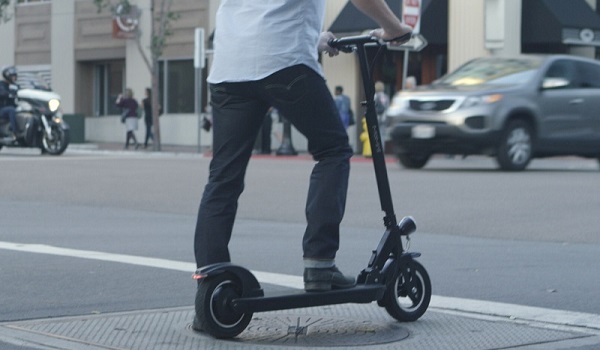Nerve agent Novichok can claim victims for many years, warns inventor of deadly toxin
Hundreds of people may have been unknowingly poisoned by the deadly nerve agent used in the Salisbury attack that left a police officer in a critical condition, its creator has warned.
Symptoms of exposure to tiny amounts of Novichok can take years to surface with potential victims needing “medical surveillance for life”, said Russian scientist Vil Mirzayanov.
People could develop “headaches, difficulty thinking and co-ordination issues”, added Mr Mirzayanov who revealed its existence to the world when he defected to the US in the 1990s after working for Russia’s chemical weapons institute.
The poison – at least ten times more powerful than nerve gas – was designed to do “irreparable” damage to the human body and there was no cure, he told Sky News. Russia double agent Sergei Skripal, 66, and his daughter Yulia, who were targeted with the agent, would be left as “invalids for life”, he said. Wiltshire Police Detective Sergeant Nick Bailey was one of the first to go to the aid of the former Russian intelligence officer and his 33-year-old daughter, who were found slumped on a bench in Salisbury.
They are still critically ill. Det Sgt Bailey remains in a serious but stable condition in the Salisbury District Hospital. Public Health England has advised people who were at a pub and restaurant in Salisbury at about the same time as the Skripals to wash their clothes and wipe down belongings.
But Mr Mirzayanov said this was “not enough and anyone who may have been in the vicinity of the attack at around the time it happened should be offered “permanent medical surveillance”.
Assistant Commissioner Neil Basu, the national head of counter-terrorism, said on Tuesday (March 13) that 38 people had reported poisoning symptoms since the Salisbury attack. All have been discharged bar the Skripals and Det Sgt Bailey.
Meanwhile, counter-terror officers have announced they are also investigating the “unexplained” death of a man reportedly named as Nikolai Glushkov, former deputy director of Russian state airline Aeroflot.
The 69-year-old, who claimed political asylum in the UK after being convicted of fraud, was found dead at a residential address in New Malden on Monday (March 12). The MPS said its specialist unit was looking into it “as a precaution because of associations that the man is believed to have had” but there was no evidence linking the death to the incidents in Salisbury.
Home Secretary Amber Rudd has intimated she might seek the reopening of police investigations into four mysterious deaths “with links to Russia” in the wake of the Sergei Skripal case. Theresa May has laid the blame for the Salisbury poison attack firmly at Vladimir Putin’s door.
The Government has concluded the substance used in the March 4 attack is a “military grade” nerve agent, Mrs May told MPs. In a dramatic Commons statement after a meeting of the Government’s National Security Council, the Prime Minister said it was “highly likely” there were only two possible explanations – either Russia ordered the murder attempt or it let the poison fall into someone else’s hands.
But on Wednesday (March 14) Russia warned Britain not to issue threats and “groundless ultimatums” as it defied a demand to account by midnight on Tuesday for the alleged use of its nerve agent in the Salisbury poisoning.
On Wednesday lunchtime, Mrs May announced the UK is to expel 23 Russian diplomats following Moscow’s failure to explain how a Russian-made nerve agent had been used on a former spy.
She is expected to make a statement after PMQs of further plans to retaliate with reported initial targets likely to include allies of President Putin who have assets in Britain and the Kremlin-controlled television station RT. She is said to be confident she has the support of key European and US allies before a meeting of the National Security Council.
And on Thursday (March 15), the leaders of France, Germany and the US joined the UK in a joint condemnation of the “first offensive use of a nerve agent in Europe since the Second World War”.
Implying an assault on UK sovereignty, the statement said Russian responsibility was the “only plausible explanation” for the poisoning. The nations urged Russia to “address all questions related to the attack” and provide all details about the nerve agent used.
It added: “Our concerns are also heightened against the background of a pattern of earlier irresponsible Russian behaviour. “We call on Russia to live up to its responsibilities as a member of the UN Security Council to uphold international peace and security.”
After visiting the Wiltshire site, Mrs May added: “We do hold Russia culpable for this brazen, brazen act and despicable act.” Defence Minister Tobias Ellwood said: “As the PM implies, it’s imperative we work with our allies to avoid triggering something we can’t control . . . But we must not blink again as we did in Syria in 2013 — and [we] won’t win this asymmetric war without a more Churchillian approach.”







